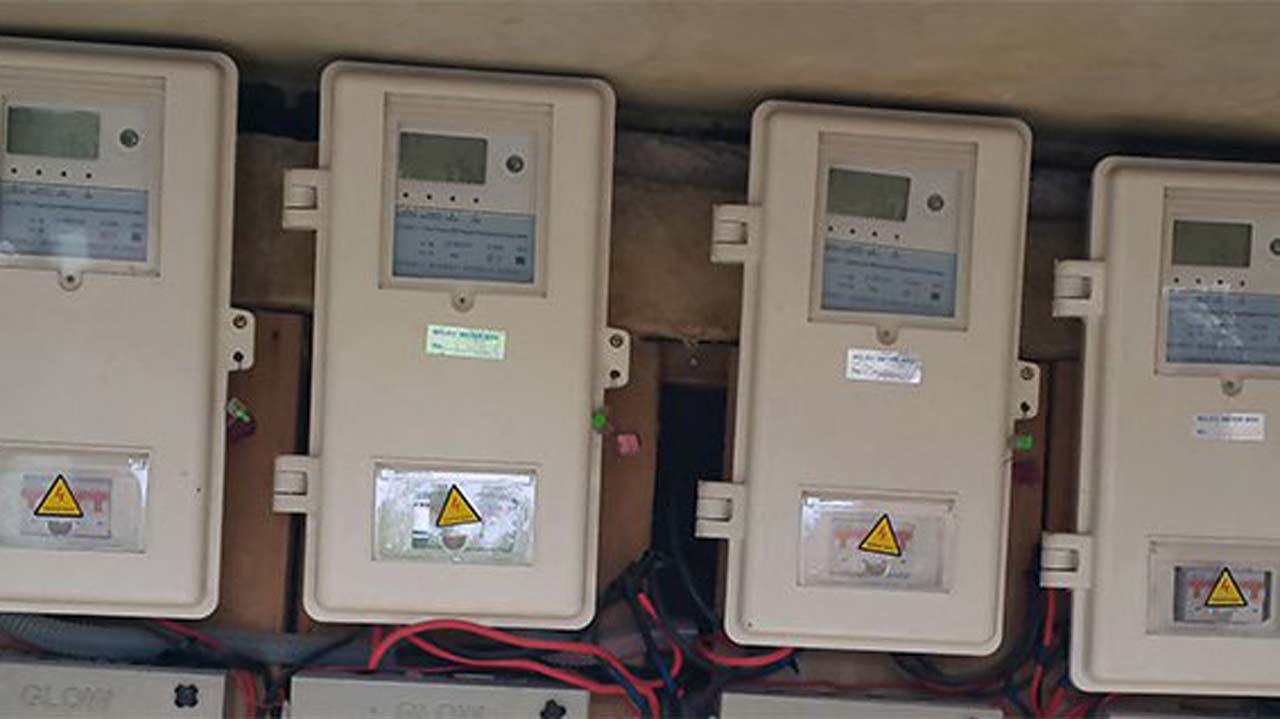A clear picture of the main reason behind the intractable scarcity of prepaid meters for Nigerian electricity consumers has emerged.
In an exclusive interview with the Public Relations Officer of the Association of Electricity Distribution Companies of Nigeria (AEDCN), Mr. Sunday Odutun, he said the key reason in the prolonged scarcity of meters for Nigerian households remains the federal government metering policy challenge which places on the Disco, the task of sourcing for prepaid meters which is now as high as over N50,000 and selling same at a paltry price of N31,058.
He said “The issue of metering is a very contentious issue. It is an issue that requires a lot of work and a lot of investment.
“And for the Discos, the only way we can solve the problem of our customers is to meter them. So we don’t have money, which is the truth. The reason why we don’t have money is that we are buying a product at N50,000 we are only allowed to sell that same product for N31.58K.
Nobody is paying for the short fall in between and they still expect me to go and buy meters for my customers, it will not work.
“So I plead with our people and I really apologize to Nigerians for this shortage of meter.
But they should understand that it is the capital expenditure that is not properly allowed for in our tariff calculation and we have less than one quarter of what we need for metering in that.
But those who understand the system know that we just need to go back to the basic, re-plan everything so that there will be cost recovery mechanism in the pricing of product.
For today or as at today the pricing of that product is not appropriate and that is why you are not getting meters.
According to Disco’s PRO, “That is why your transformers take long to replace or repair, that is why some people need to contribute money to buy their poles. These are not normal things.
It is the duty of Discos to give Nigerians meters, to get poles for you, to repair your transformer, to also replace it when it gets damaged and to also service it from time to time”.
In his remarks also, the managing director of MOMAS Electiv Meter Manufacturing Company, an indigenous metering firm, Mr. Kola Balogun, he averred that “It is essentially the policy issue that short changed consumer opportunity to be able to buy meters directly from us policy precisely”.
“I don’t believe that all things be equal, if we sit down to work out the technical issues and the configuration issue to set up a meter into anybody’s network is the easiest thing to do especially we that know how to configure the meter and we design meters. So we know exactly what to do. And we are not only producing meters, we design software application.
“So at the same time, develop a platform where it will be the process of interference and people will be able to configure their meter and go to the Discos’s database without hindrances or a threat to the integrity or database,” Balogun noted.
Whereas the National Bureau of Statistics (NBS) has revealed that well over 50% of electricity users in Nigeria are not metered, experts have given clear reason why it has been so and will continue to be so for a long time.
According to the NBS, the number of unmetered customers stood at 5.025 million as at December 2017, representing over 50 per cent of electricity users in the country.
The federal agency, however disclosed that the Distribution Companies (Discos) were only able to meter 3,451,611 customers out of the 7,476,856 meters across the country.
December last, about 273,596 customers were given three phase-prepaid meters while 1,222,960 customers got single-phase prepaid meters.









